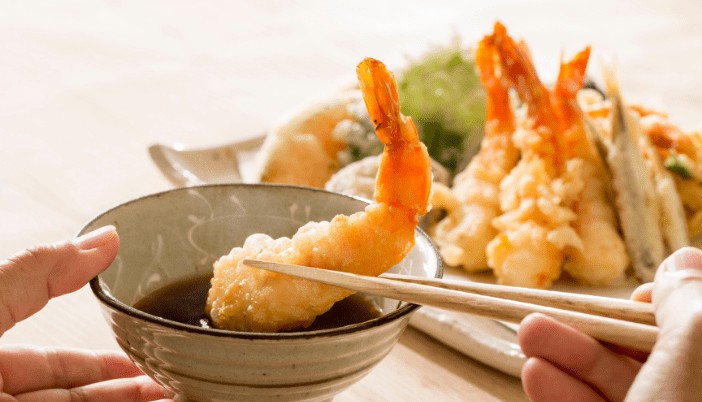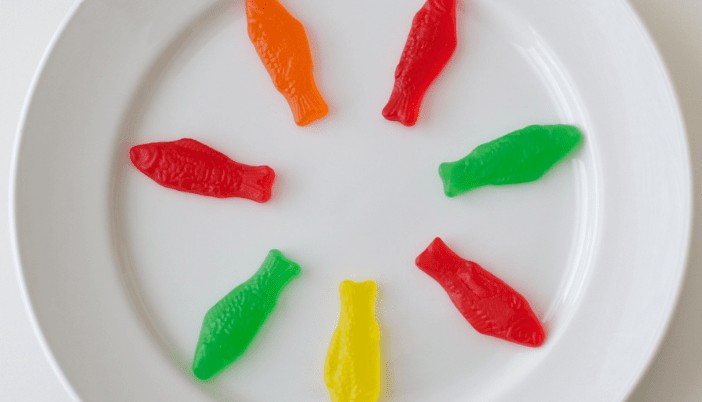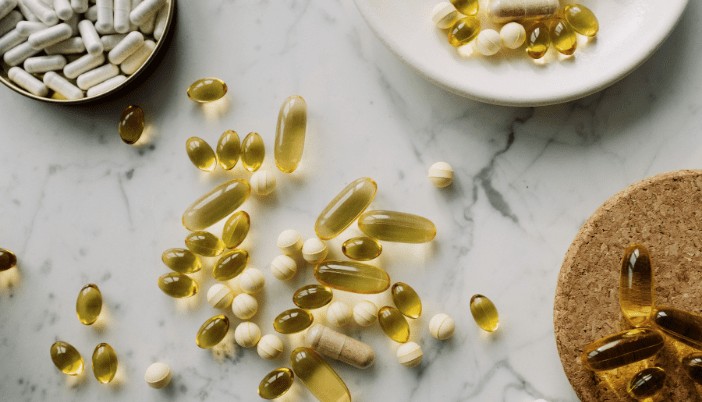Is Crisco Vegan?
You want to do some baking, yet butter and lard are off the list of things to use as they contain animal products. After all, you are vegan and don’t want to touch anything that comes from or has been tested on animals.
Asking your fellow vegans what the best alternative is to use for your baking, they recommend Crisco. It’s been around for a long time and has respect within the vegan community.
But you wonder what is Crisco and is it the best product to use? The answer is yes it is vegan but with some grey areas.
Here we dissect everything and let you know if you can add Crisco to your list of vegan-approved goods.
As an Amazon Associate, I earn from qualifying purchases. The links below may be affiliate links. Please read my disclosure policy for more information.
What is Crisco?
Appearing in 1911, Crisco was and still is, a completely vegetable-based shortening. It is offered as an alternative to those baking products that consist of animal fats or butter (both of which vegans steer clear of).
Though the product hasn’t altered much since it first appeared, Crisco has gone through a couple of changes in the last 100 years. They started to offer a butter-flavored version to those who long for the tast of butter in their cooking. Also, in 2007 Crisco started to contain no trans-fat in each serving.
That’s great news and though it has been a popular cooking choice for well over 100 years, is Crisco a viable choice for vegans?
Let’s look under the hood and see what Crisco is made of.
What does Crisco contain?
Vegans want to make sure that no ingredient they consume has come from or been tested on animals. So does Crisco shortening meet these standards?
According to Crisco’s website, their shortening is made from:
Soybean Oil, Fully Hydrogenated Palm Oil, Palm Oil, Mono And Diglycerides, TBHQ And Citric Acid (Antioxidants).
Those ingredients seem innocent enough and should get the tick of approval from vegans everywhere, but let’s have a look at each one and see if they meet the vegan standard.
Soybean oil
This is purely a vegetable-based oil. It is extracted from soybeans.
The beans are crushed and the oil is separated from the beans. A refining process comes next which removes any contaminants from the soybean oil.
Yet, there is some concern as to how the soybeans are grown. A majority of the crops have undergone genetic modification to endure the spray from pesticides. Yet, these pesticides affect insects and the environment. Vegans will gasp in shock at that.
Check that the soybean oil that is used is 100% organic (Crisco’s site doesn’t specify if their oil is organic or not).
Fully Hydrogenated Palm Oil
The process of hydrogenation turns liquid oil into a solid fat compound. Fully hydrogenated oils contain little to no trans fat when compared with partially hydrogenated oils. Yet, that doesn’t mean that such oils are necessarily healthy for you.
The Food and Drug Administration says that fully hydrogenated oils are safe if used in moderation. So why use this type of oil?
The main reason manufacturers use fully hydrogenated oil is to preserve their product as well as improving texture and taste.
- Crisco, All-Vegetable Shortening, 16 oz
Palm Oil
This oil comes from the fruit of the palm tree and is found in half of the products we consume. It’s vegetable oil and so can be classed as vegan.
There is some controversy however regarding the manufacturing of palm oil. The Vegan Society mentions that the palm oil industry is known for unethical practices, the World Wildlife Fund (WWF) also agrees with this idea.
The WWF says that the demand for palm oil has destroyed some of the world’s main biodiverse woodlands. This has affected the lives of the wildlife and animals that reside in those forests. Vegans will shudder at the idea of animals being affected by consumerism and may think twice about supporting companies that use palm oil.
Mono And Diglycerides
Mono and Diglycerides are emulsifiers that aid in oil and water mixing. They can be obtained either through vegetables (which is great for vegans) or through animals, which vegans will object to.
How do you which source the mono and diglycerides in your product come from? The answer to that is that it’s hard to know. That’s because the chemical make-up is similar to fatty acids obtained through animals or plants.
Mono and diglycerides are naturally found in soybeans and palm tree fruit, and we find the oils from these are used in Crisco.
Yet, most vegans try to avoid products that contain mono and diglycerides due to the animal by-products in most of these items. Also, as we have mentioned, the harvesting of palm oil has an indirect influence on the welfare of animals who reside in the rainforests that are being destroyed.
However, Crisco claims that their shortening is completely vegetable-based.
TBHQ And Citric Acid
The first thing we need to consider here is TBHQ. What is it and should a vegan be consuming it?
TBHQ is an abbreviation of tertiary butylhydroquinone, an additive that prevents the oxidation of food. Though there are warnings about ingesting high levels of TBHQ, the FDA has set a regulated limit for these particular antioxidants to make up no more than 0.02 percent of the total oils within a product.
To set your vegan mind at ease, the website Vegan Peace lists TBHQ as vegan.
How about citric acid? We all know that this is naturally occurring in fruits, so that makes it purely plant-based.
Crisco is vegan safe
As vegans, anything that contains animal by-products or harms animals in any way is a no-go zone.
There is debate online as to whether Crisco is a good option for vegans to use in their baking and cooking. Some sites claim that the company that produces Crisco has violated the ethics of vegans. Yet, for the past 100 years, this vegetable-based shortening has been embraced as the alternative to butter and fat for cooking.
Perhaps, the main area to consider before buying Crisco is in the use of palm oil. Though there is nothing wrong with this oil, we have seen that it has led to deforestation and this negatively affects the habitat of some animals.
Asking the company that manufactures Crisco about their environmental sustainability ideas while obtaining palm oil may set your mind at ease.
- Crisco, All-Vegetable Shortening, 16 oz
Happy cooking, vegans!






